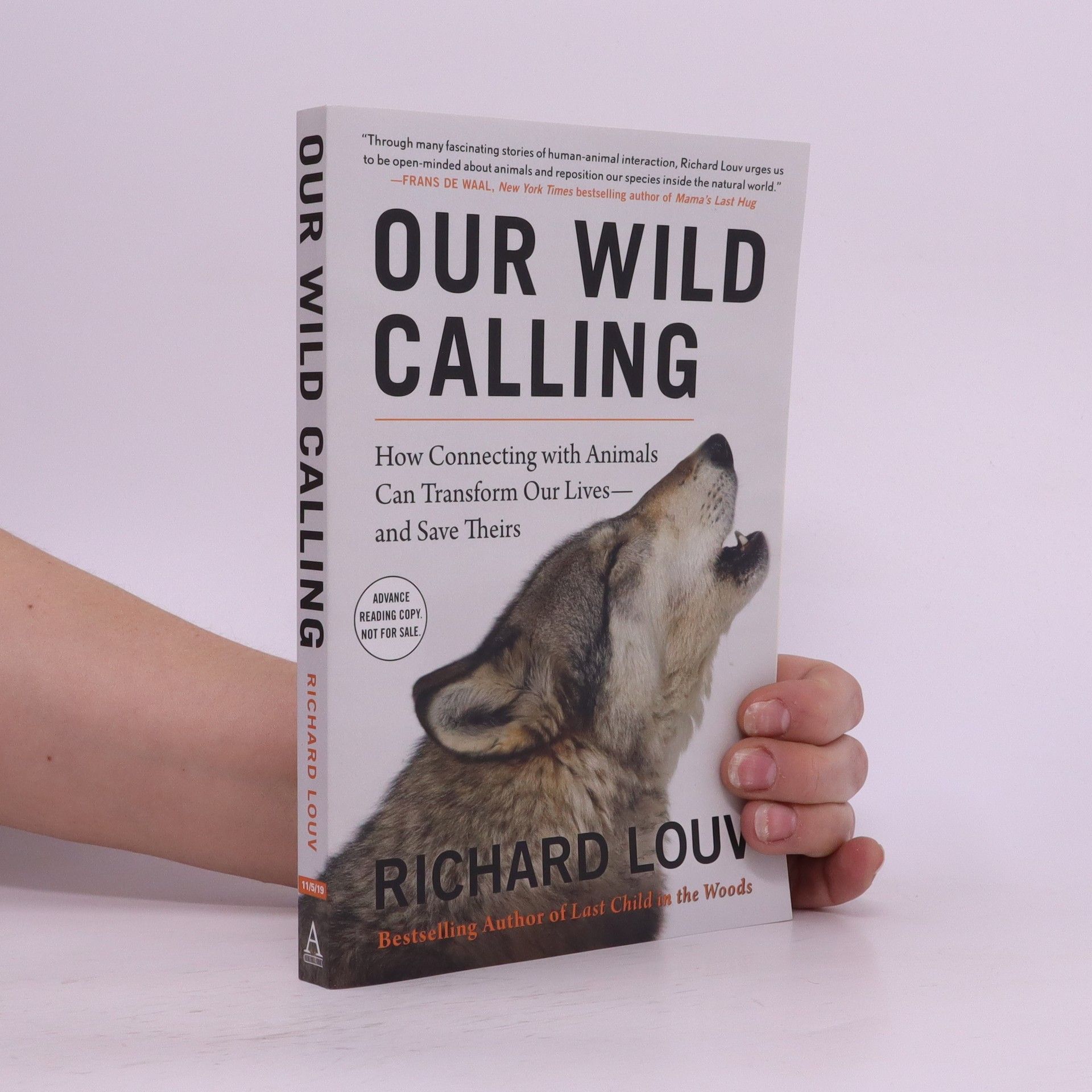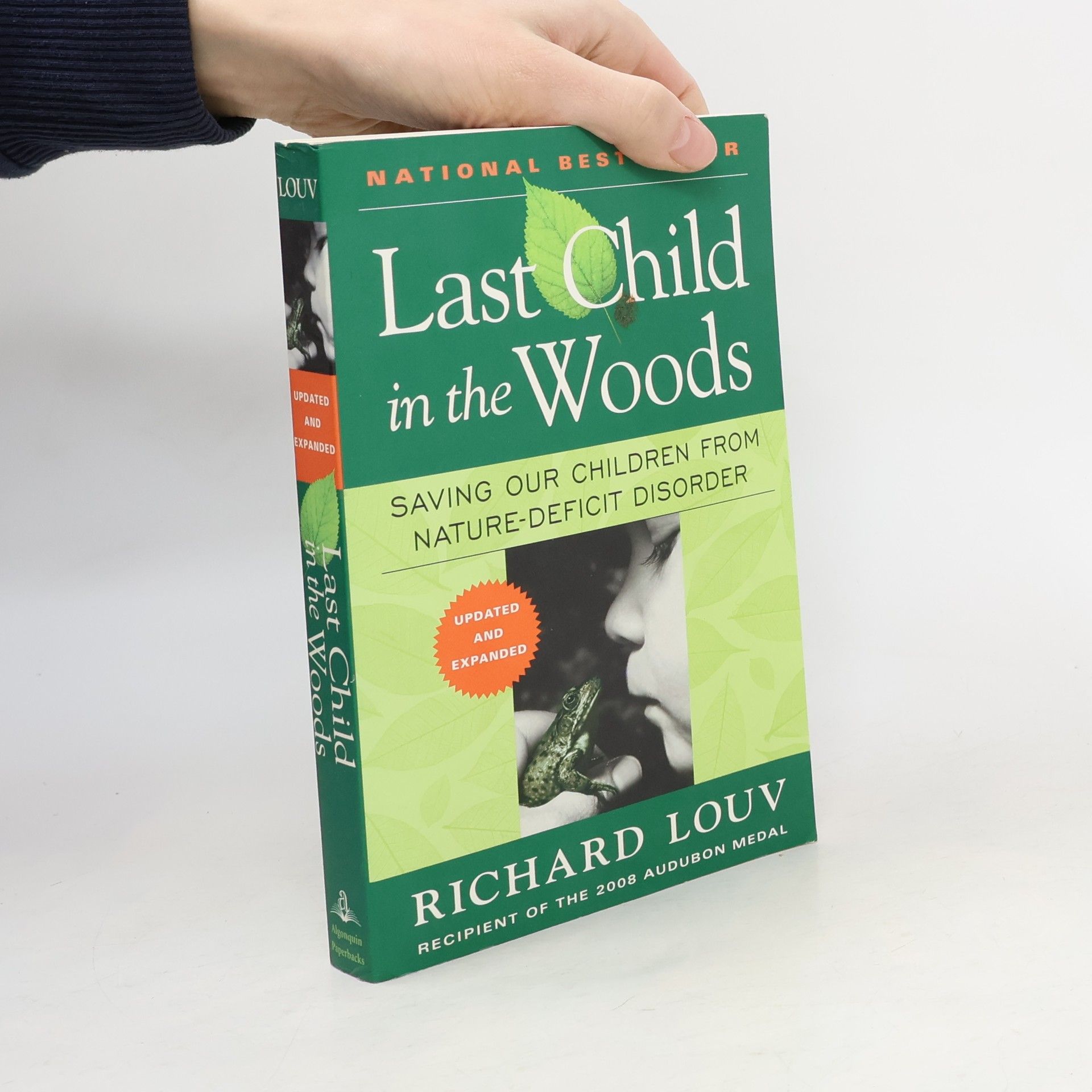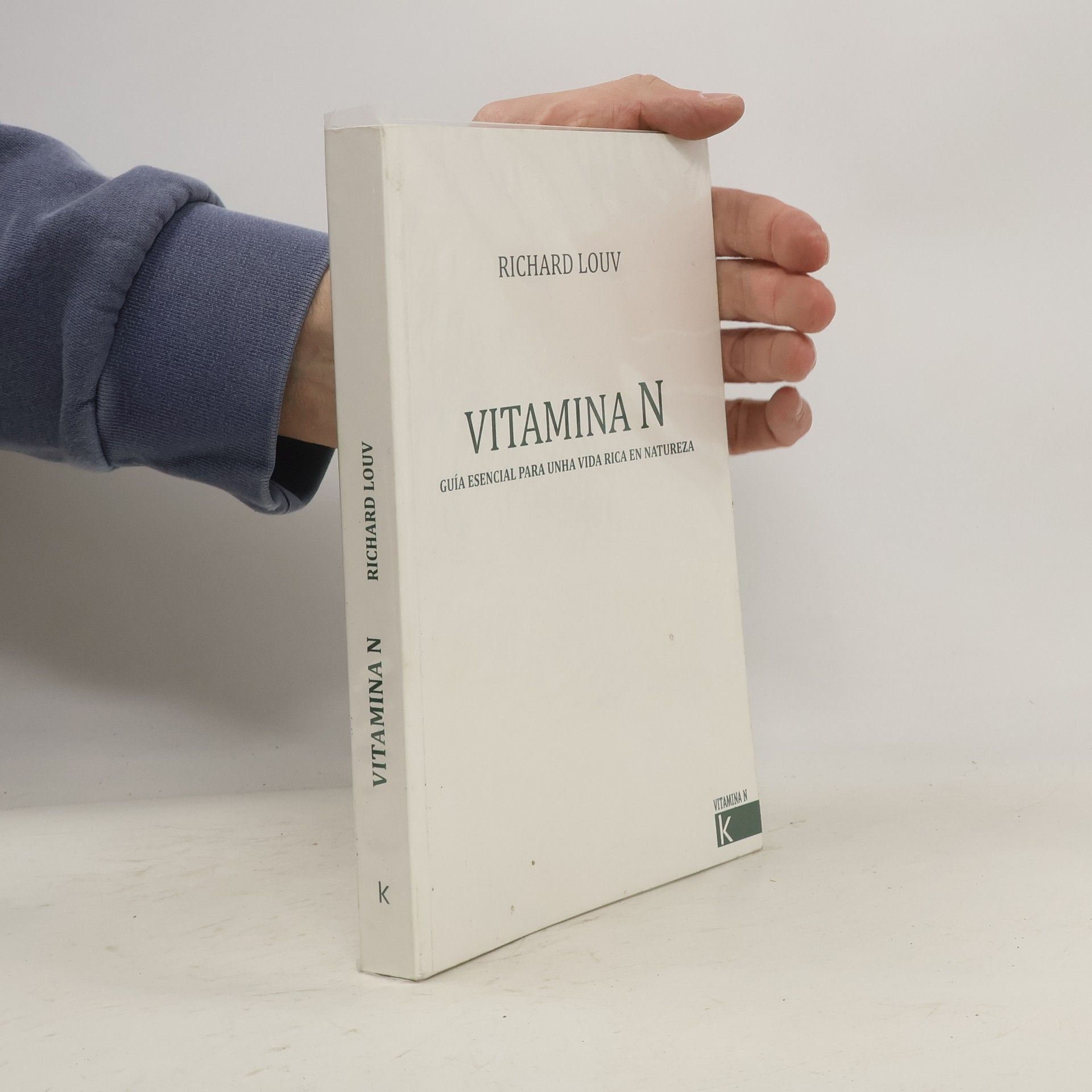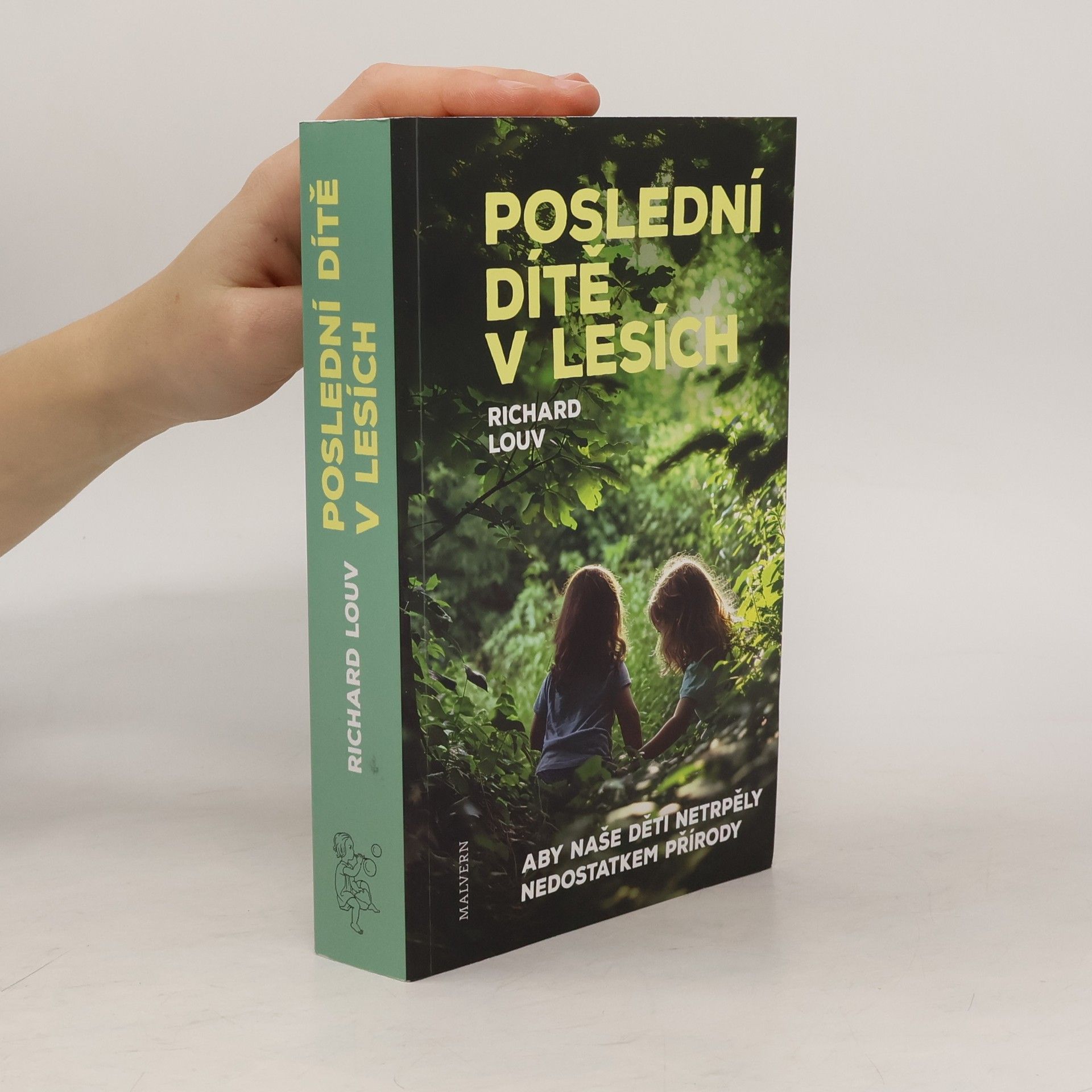Une enfance en liberté
Protégeons nos enfants du syndrome de manque de nature
- 192pages
- 7 heures de lecture
Richard Louv fait un troublant constat dans ce livre : les enfants sont moins souvent en contact avec la nature, crant un phnomne appel le "Nature-Deficit Disorder", ou NDD, le syndrome du dficit de nature en franais. Angoisses, troubles de l'attention, dpression, obsit : en restant toujours assis l'intrieur sous une lumire artificielle, un manque inconscient se cre qui peut perturber le dveloppement physique et motionnel de l'enfant. Etudes scientifiques, entrevues de parents et d'environnementalistes l'appui, il dmontre les vertus du simple fait d'tre dehors. Son livre est un vibrant plaidoyer pour un contact rgulier et durable avec la nature.







